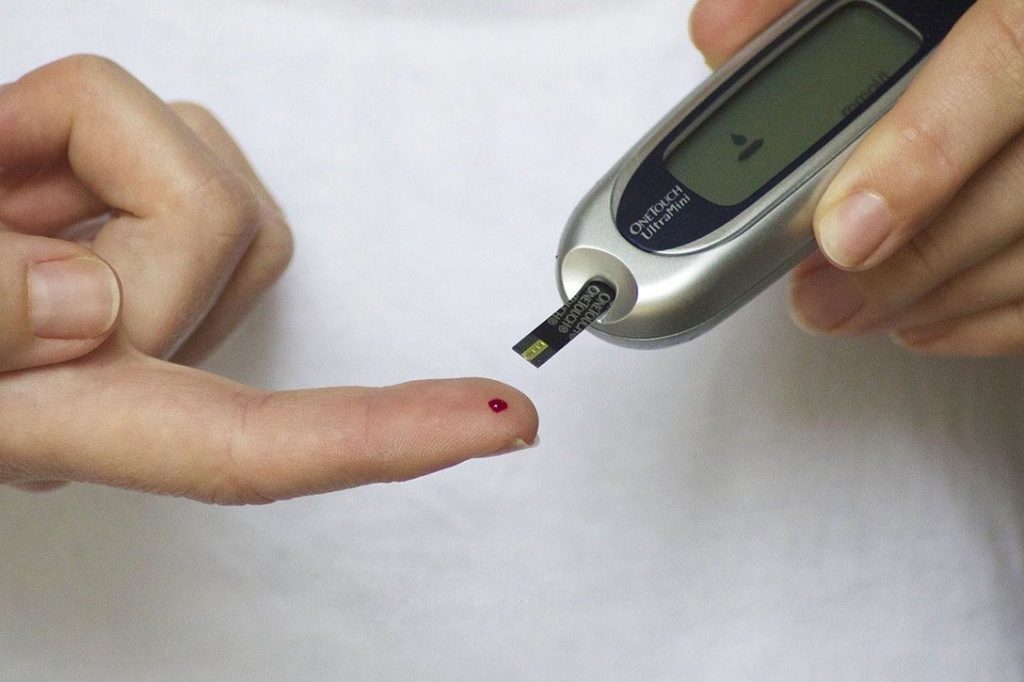In today’s fast-paced world, health often takes a backseat to our bustling routines. But amidst the hustle, there’s one silent yet pervasive health concern that requires our attention: diabetes. Beyond its reputation as a sugar-related ailment, diabetes has far-reaching implications that extend into every corner of our well-being. From the beating rhythm of our hearts to the clarity of our vision, this metabolic condition can subtly weave its effects, impacting not just our physical health, but our emotional and mental well-being too. Join us as we delve into the must-know information about how diabetes wields its influence over our lives, revealing a deeper understanding of its intricate web within our bodies.
Cardiovascular Complications
Diabetes casts a shadow over the cardiovascular system, heightening the risk of grave complications. Elevated blood sugar levels provoke a cascade of events that damage the delicate lining of blood vessels, fostering atherosclerosis—a narrowing and hardening of arteries. This treacherous process obstructs blood flow, increasing the chances of heart attacks and strokes.
The heart muscle itself can suffer, leading to conditions like coronary artery disease and heart failure. However, as highlighted by the team behind Diabettr, there are supplements, including Berberine to help lower the blood glucose. However, some of these supplements have side effects, including affecting your testosterone levels. It is important to understand how they affect your other functions before using them.
Neuropathic Effects
Diabetes inflicts insidious harm on the nervous system, setting the stage for neuropathic complications. Prolonged high blood sugar levels inflict gradual damage to nerves throughout the body, causing sensations of numbness, tingling, and pain—most prominently in the extremities. This neuropathy disrupts normal bodily functions, potentially leading to difficulties in coordination, balance, and even the ability to perceive injuries.

The heightened vulnerability to infections and wounds, coupled with the threat of amputation, underscores the critical importance of vigilant glucose control. Diabetes-related neuropathic effects serve as a poignant reminder of the urgent need for comprehensive management to preserve nerve function and overall well-being.
Kidney Function Impairment
Diabetes infiltrates the intricate filtration system of the kidneys, fostering a gradual deterioration in their function. Prolonged exposure to elevated blood sugar levels compromises the blood vessels within the kidneys, impairing their ability to effectively filter waste and excess fluids from the bloodstream. Diabetic nephropathy emerges, potentially culminating in kidney failure.
The repercussions are profound, necessitating vigilant monitoring and management of blood glucose levels. Early intervention through lifestyle modifications, medications, and blood pressure control can help mitigate the progression of kidney function impairment, underscoring the imperative of proactive measures to safeguard renal health in the face of diabetes.
Ocular Complications
Diabetes casts a dim veil over vision, heightening the risk of formidable ocular complications. Elevated blood sugar levels inflict damage on the delicate blood vessels nourishing the eyes, giving rise to diabetic retinopathy—an affliction marked by progressive damage to the retina. Vision impairment, including blurry or distorted vision, and even blindness can result.
Additionally, diabetes increases susceptibility to other eye disorders like glaucoma and cataracts. Diligent management of blood glucose, coupled with regular eye examinations, becomes paramount to preserving eye health. Awareness of the potential ocular consequences of diabetes underscores the need for comprehensive care and prevention.
Impaired Immune System
Diabetes weaves a web of vulnerability around the immune system, diminishing its effectiveness in safeguarding the body. Elevated blood sugar levels disrupt the intricate balance necessary for immune responses, rendering the body less capable of fending off infections. Bacterial and fungal invasions find fertile ground, leading to more frequent and severe illnesses. Wound healing is compromised, heightening the risk of infections and delayed recovery.
Proactive diabetes management, including blood sugar control, vaccination, and prompt medical attention for infections, assumes paramount importance. Acknowledging the impact of diabetes on the immune system underscores the necessity of holistic care to prevent and manage health challenges.
Foot Issues and Amputations
Diabetes inflicts a heavy toll on the feet, paving the path to potentially dire outcomes. Elevated blood sugar levels impair circulation and nerve function, leading to a heightened susceptibility to foot issues. Numbness, tingling, and reduced sensation increase the risk of injuries going unnoticed and evolving into ulcers. Slow wound healing and compromised immune responses exacerbate the danger of infections.
In severe cases, these complications can necessitate amputation to prevent the spread of infection. Diligent foot care, including regular inspections, proper footwear, and expert guidance, assumes critical importance in averting such outcomes and maintaining mobility and quality of life for individuals grappling with diabetes.
Conclusion
Diabetes exacts a multifaceted toll on health, manifesting in a range of severe complications that impact various systems within the body. Diligent management of blood sugar levels, regular medical check-ups, lifestyle adjustments, and adherence to healthcare recommendations are vital in mitigating these adverse effects. Heightened awareness, proactive care, and early intervention stand as crucial pillars in minimizing the far-reaching consequences of diabetes and nurturing a healthier and more fulfilling life for those affected.
